Ask Beth: Must-Have Skills for Compliance Officers
“A foolish consistency is the hobgoblin of little minds,” Ralph Waldo Emerson
Q: In your opinion, what are the most important skills a new CCO or compliance officer should master?
A: Above all, compliance officers are well-served if they remember that the control environment should be aligned with the business environment and both should develop as they learn from mistakes and successes.
As Ralph Waldo Emerson once warned, “A foolish consistency is the hobgoblin of little minds.”
There are three ways compliance officers can develop skills so that controls don’t remain static and contribute to repeated deficiencies, patterned behavior of apathy or a misconception that compliance is bureaucratic.
1. Avoid Predictable Surprises: Compliance officers safeguard not only their businesses but themselves against falling prey to Predictable Surprises. Referred to by Harvard Business Review as “the disasters you should have seen coming,” these surprises can only be effectively met by rooting out our own cognitive flaws that enable them and not agreeing to let known gaps persist. Your organizational controls should be revisited at least annually for relevance and effectiveness. Within the Circle of Compliance cycle, changes to the business and regulatory environment are constant and must be accounted for in procedures and risk assessments. And if you don’t have time, be certain to ask for help before your company falls behind.
2. Prioritize Risks: Compliance officers should know how to effectively position compliance risks within current industry developments. The recent OCIE Risk Alert on Regulation S-P Privacy Notice and Safeguard violations can illuminate improvements your business can implement. If it doesn’t, compliance officers only need to point to the estimated $5 billion fine Facebook must pay the FTC as a sobering example of consequence.
3. Track Industry Trends: No resource is more valuable to a compliance officer than up-to-date information. Be sure to attend conferences, roundtables and maintain networking. Fresh perspectives on one’s profession can prevent one’s own from becoming stale.
Beth Haddock is author of Triple Bottom-Line Compliance – How to Deliver Protection, Productivity and Impact, and advocates delivering sustainable compliance that increases brand protection, risk mitigation, productivity, and employee engagement.




